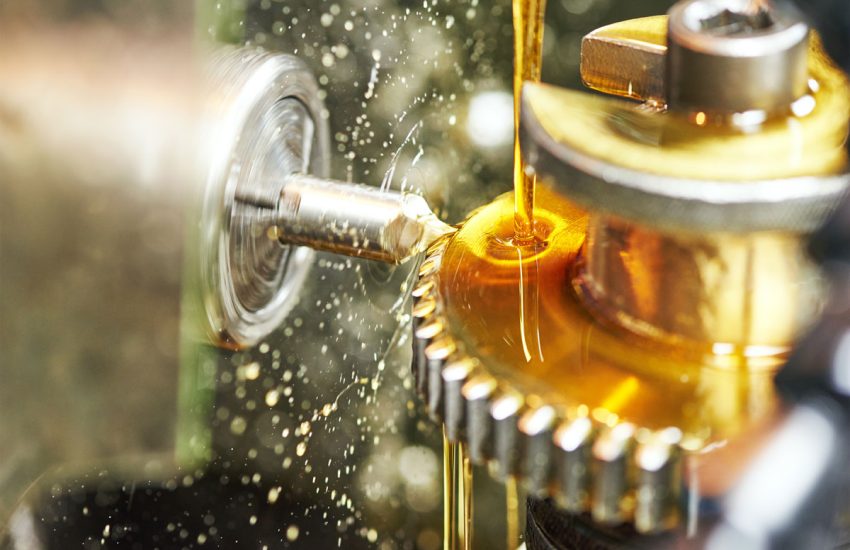With the industrial revolution and advent of technology, there are different types of machines and equipment that have evolved. Specialized lubricants and oil are required for varied industrial applications. The lubricant should be free of any impurities to give its best performance to the machine.
A lubricant which is free of impurities is a superior and dependable lubricant. The machines have a safe and long life if such quality lubricants are applied to them.
There are many industrial lubricant manufacturers, but customers look forward to reputed and trustworthy lubricant manufacturers who use latest and state of the art technologies to design products which give high performance, are cost-effective and qualify the cleanliness standards.
The lubricant is considered of an optimum quality if it is contamination free and confirms to the international standards of cleanliness and exhibits hydraulic stability and high resistance to oxidation and corrosion.
Lubricants can be used in an extensive range of applications. To ensure an optimum quality, the lubricant or the fuel should be backed by the international testing network for cleanliness and contamination control, this provides reliability and confidence about the quality of lubricant. Such quality lubricants will confirm lower emissions, extend engine life and improve fuel economy. Good quality lubricant technologies help the machines to run better and last longer. A superior industrial lubricant will aid to protect gears, bearings, turbines, metalworking tools and other parts of the machinery.
Is it more essential to have clean fuels, oils, greases and coolants over quality? Or are these similar things?
The lubricant should undergo contamination control, this has a direct correlation with reliability and quality. The lubricant is certainly of high quality if it is backed by the international cleanliness standards.
Regarding quality of the lubricant, it is obvious that if there are fewer particles in the lubricant, there will be less abrasion, bonding, and weathering. And if there are less abrasion, bonding, and weathering, the machines will last longer and so applying such lubricants which are contamination free, to the equipment, is certainly qualitative and more consistent.
A quality lubricant smoothens the machines and equipment and reduces the lifetime functioning expense on the equipment, which maximizes the lifespan and yields a better return on investment.
Improved reliability and good quality of the lubricants will surely place the lubricant manufacturing company at the pinnacle of the preferred lubricant manufacturers.



